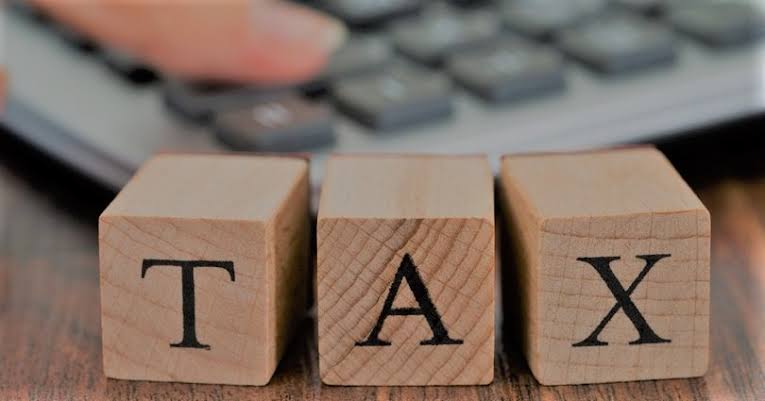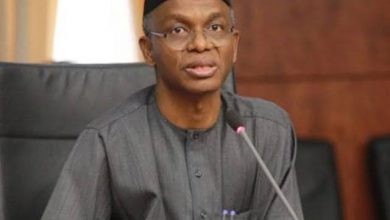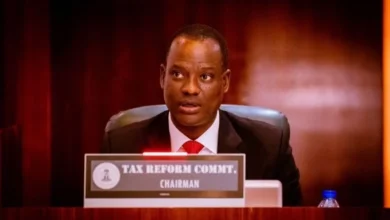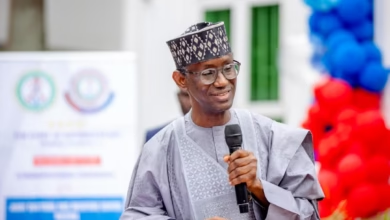Politics
Why Nigerians Should Embrace Paying Taxes

By Chukwudi Enekwechi, JP
In all societies – both ancient and modern, paying taxes has remained a means through which citizens reciprocate the government’s social services to them. Of course governments all over the world exist to render services to the people by providing social services such as infrastructure and other developmental projects for the use of citizens, but at the same time it behooves the citizens to reciprocate by paying their taxes as at when due.
In fact one of the requirements for a citizen to aspire for a public office in Nigeria and indeed in other climes is to show a proof of being a responsible citizen by paying his or her taxes, and failure to adhere to this rule will deny the citizen the right to aspire to a public office. I recall that in the second republic, the late nationalist and First Republic President, Rt. Hon. Dr. Nnamdi Azikiwe was dragged to court by his political opponents on the allegation that he failed to pay his taxes. However after the court adjudicated on the matter it was discovered that Dr. Azikiwe, as a responsible citizen had paid his taxes as at when due, and he proceeded to contest for the coveted office of the President.
This is one historical example of how important it is to pay taxes. Furthermore, when citizens pay their taxes government will be in a position to adequately discharge its responsibilities to the citizens. Such responsibilities include provision of social amenities like hospitals, roads and bridges, water, healthcare, sanitation, schools, care for the aged and vulnerable groups, markets among others.
It is in this regard that the Nigerian apex tax organisation—Federal Inland Revenue Service (FIRS) under its Executive Chairman, Muhammad Nami has been applauded both within and outside Nigeria for its innovative steps towards increasing Nigeria’s revenue profile with its aggressive drive for payment of taxes by the citizens.
It is remarkable that since Muhammad Nami assumed office he has introduced several measures that have seen the Federal Inland Revenue Service being in the lead for the federal government’s source of revenue for development apart from the oil sector.
In most developed countries tax evasion is considered a very serious crime and can lead to severe repercussions against any offender, his or her status in the society notwithstanding.
In the light of the above Nigerians are enjoined to embrace the culture of paying taxes as it is a demonstration of one’s faith in his country, as well as an obligation on the part of every citizen and corporate organisation.
There are different types of taxes ranging from personal income tax, company income, tertiary education tax etc. There is no gainsaying the fact that a social contract is not only binding on the government but also the citizens. While the government is discharging its own responsibilities, the citizens on their part are obligated to reciprocate by paying their taxes promptly.
Gladly this is playing out well under the President Muhammadu Buhari’s administration where the increase in tax revenues has translated into the provision of numerous social amenities that are impacting on the citizens positively.
The impact can be felt in the construction of roads, bridges, railway lines, funding of Nigeria’s tertiary institutions, building of water dams and power plants across the country among many others. Obviously all these life-changing social services would not have been possible if the Federal Inland Revenue Service did not live up to its constitutional responsibility.





